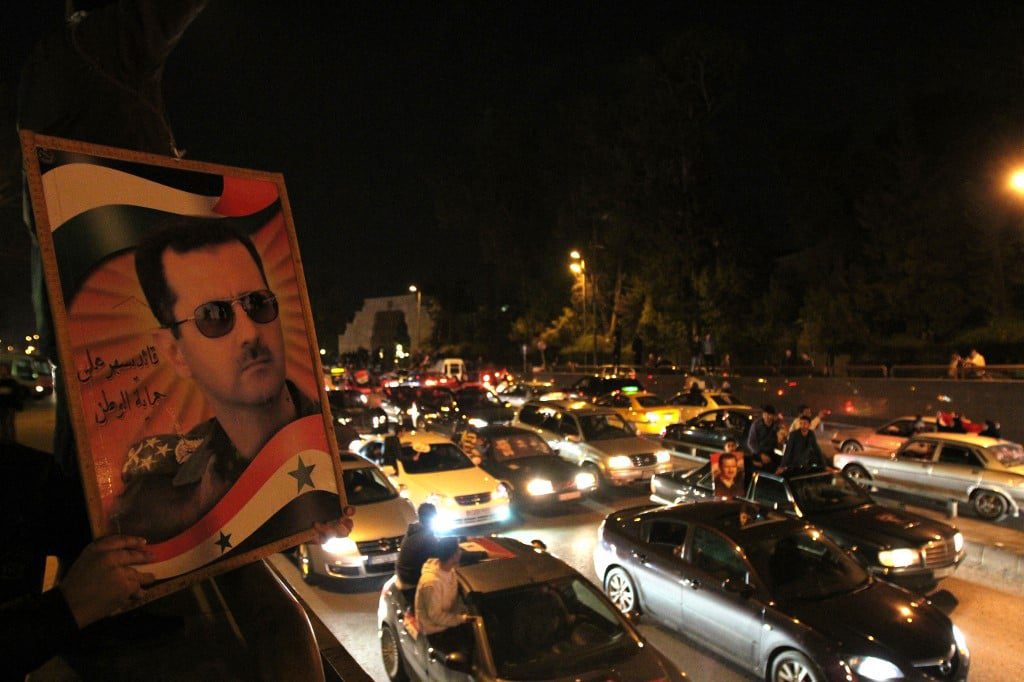
Under Bashar al-Assad, repression of dissent was marginally less persistent and widespread than under his father, but the essentials of the system persisted. On 16 July 2010, Human Rights Watch published a report entitled A Wasted Decade: Human Rights in Syria During Bashar al-Assad’s First Ten Years in Power:
‘Repression in Syria today may be less severe than during Syria’s dark years in the early 1980s, when security forces carried out large-scale disappearances and extrajudicial killings. But that is hardly an achievement or measure of improvement given the different circumstances (…). Without reform (…) al-Assad’s legacy will merely extend that of his father: government by repression.’
In March 2011 an uprising against the Baathist regime erupted and evolved into an armed insurgency. In his efforts to suppress the revolution, President Bashar al-Assad has shown himself as ruthless as his father. By mid-May 2012 the Syrian opposition was reporting that almost 15,000 people had been killed, and the United Nations accepted that the death toll since March 2011 had reached over 10,000. Many thousands more had been wounded. Further thousands had been detained, and torture – including torture of children – was rife. With the regime fighting for its life and the opposition equally determined to overthrow it, no swift end to the conflict was in prospect.

